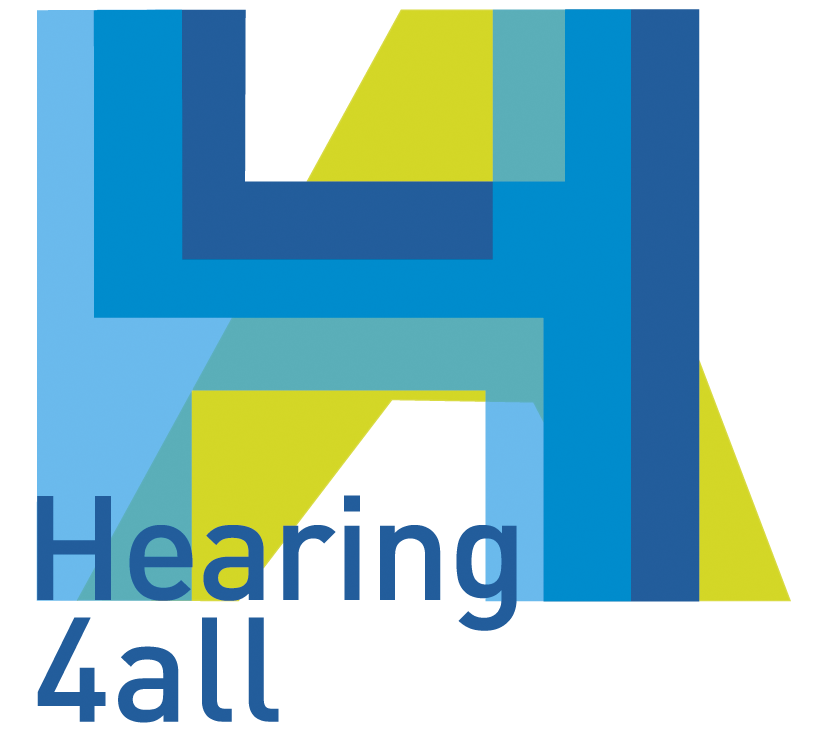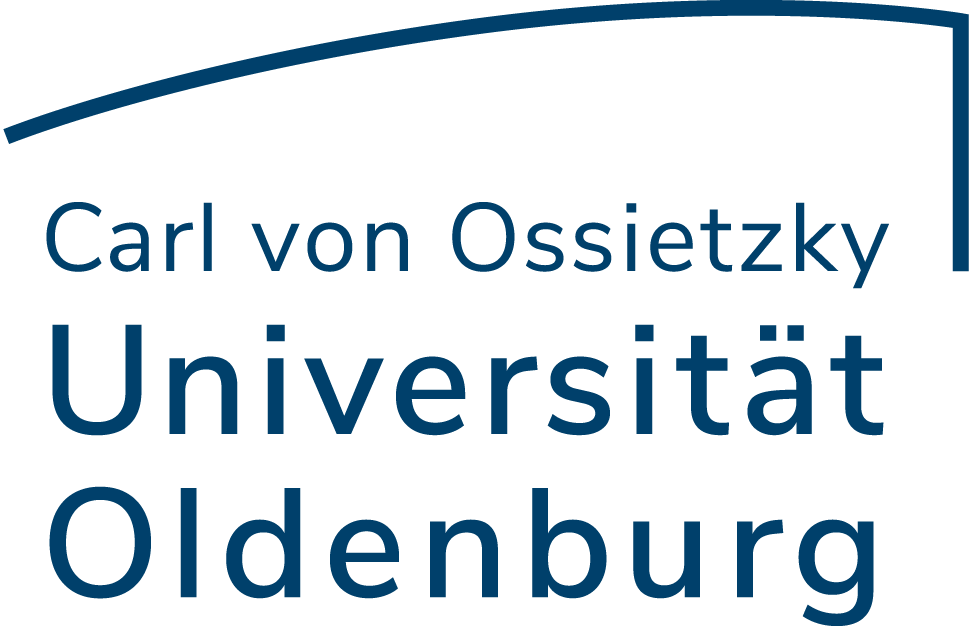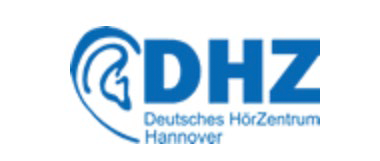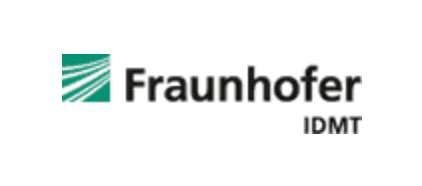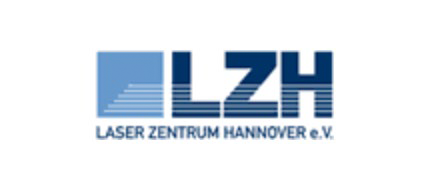Clinical Data and Big Data Analysis
The main objective of the project is the development of a Machine Learning based system able to infer the likely hearing loss causes based on a set of measurements for a given patient. The measurements can be clinical or they can be provided by self-testing. The envisioned Machine Learning system evaluates the possibly multiple causes of hearing loss in an interpretable way for medical experts and can cope with noise and incomplete data. The system aims at learning from data how to optimally infer the causes. In order to achieve these goals, the project aims at developing a Bayesian network applicable to normalized data representations of the very diverse medical measurements. Data of any specific measurement will be represented in an interval from “healthy” to “maximally pathological” and it will model the interactions of multiple causes of hearing loss. The causes inferred by the Bayes Net will be used to predict optimal treatments and their likely outcomes.
We will establish a growing large data set suitable for inference and evaluation of methods. From these data, we will develop data representations, learning, inference and recommendation algorithms, which shall also be suitable for application within the virtual hearing clinic. We will develop a data structure with archetypes under the openEHR framework, enabling cooperation and data pooling among different centers.
